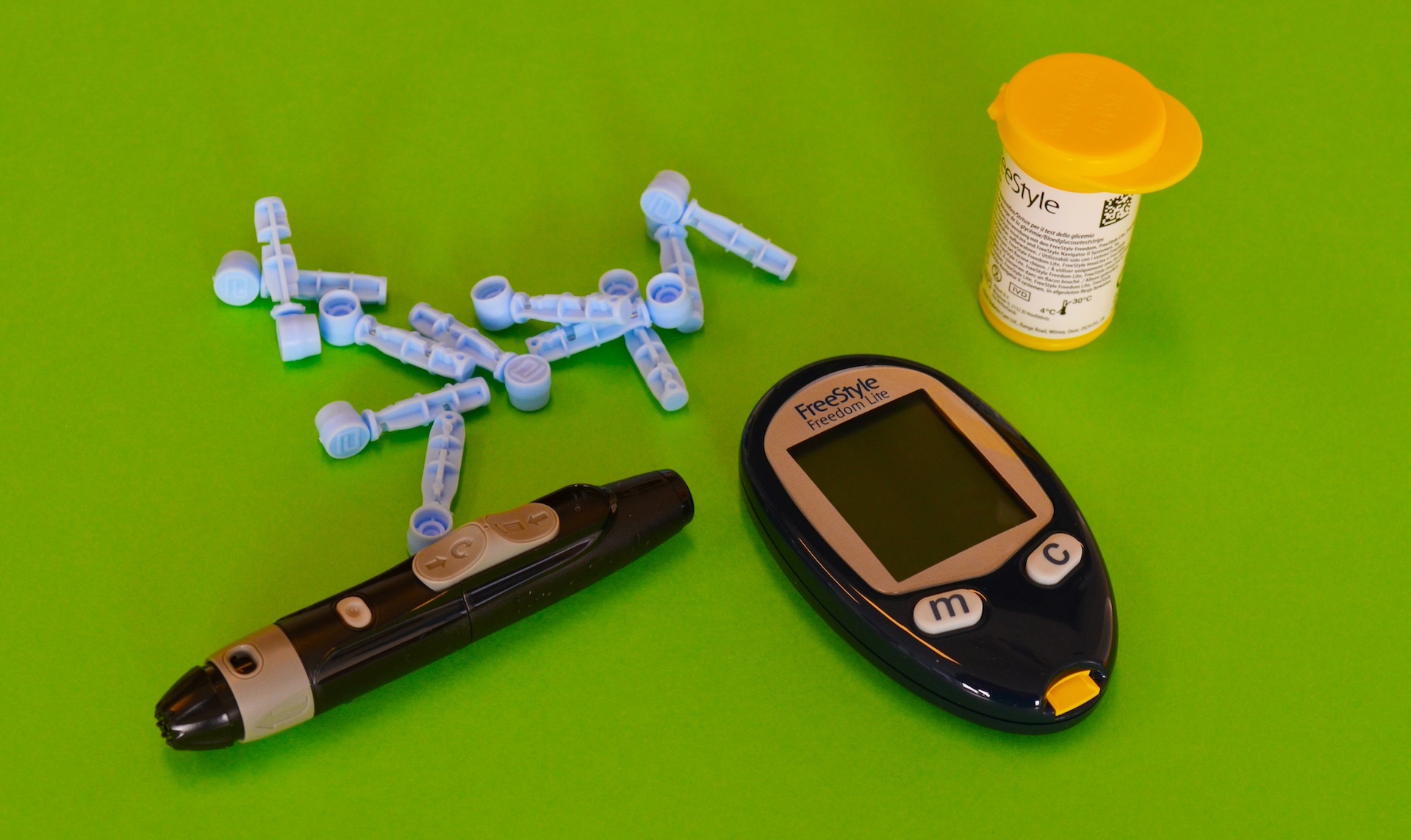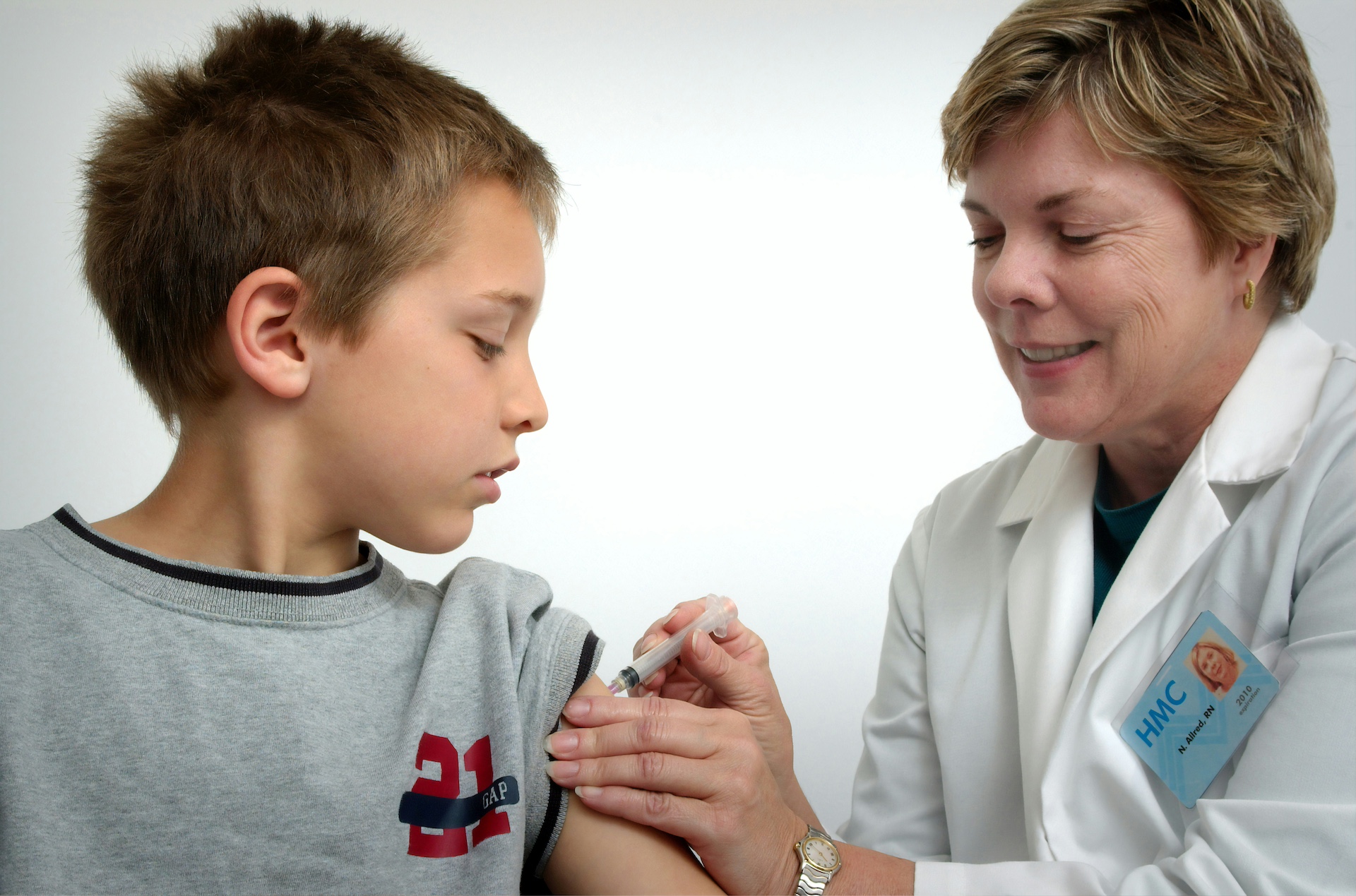New Insights into Diabetes: The Connection Between Blood Sugar and Infection
New Insights into Diabetes: The Connection Between Blood Sugar and Infection
As per the records, Diabetes is a threat which affects millions of population globally, started with elevated blood sugar levels. While much of the attention focuses on the management of blood glucose to avoid complications like heart disease, kidney failure, and neuropathy, emerging research has shed new light on a less discussed but equally significant issue — the link between blood sugar levels and the body’s susceptibility to infections.
This blog will help you to understand, how High blood sugar affects the immune system, increases infection risk, and what individuals with diabetes can do to safeguard their health.
Understanding Blood Sugar and Its Role in the Body
Glucose is a vital energy source for the body’s cells. In human body, with no diabetes, insulin — there is a hormone which is produced by the pancreas, and helps to regulate sugar levels, and help to keep it in healthy levels. In other side, in human body with diabetes, this regulation is impaired. If high blood sugar level remains for long time period, can damage blood vessels, nerves, and vital organs of human body.
But beyond these well-known complications, high blood sugar also significantly impairs immune function, making it harder for the body to fight off infections.
How High Blood Sugar Weakens the Immune System
High Blood sugar levels, can impact on immune response in human body:
1. Reduced White Blood Cell Function
White blood cells (WBCs) are the body’s first line of defense against pathogens. High blood glucose levels interfere with their ability to migrate to the site of infection and destroy invading bacteria or viruses. This delay or dysfunction increases vulnerability to both common and serious infections.
2. Inflammation and Delayed Healing
Chronic inflammation is common in individuals with diabetes. Elevated glucose levels lead to the overproduction of inflammatory cytokines, which disturb the normal healing process. Due to high sugar levels, wounds , such as foot ulcers, healing process is very slow and even with the risk of infection.
3. Damage to Blood Vessels
Prolonged hyperglycemia damages blood vessels and reduces blood flow, especially in extremities. This poor immune cells and nutrients makes difficult for human body to recover from infections..
Common Infections in People with Diabetes
People with poorly managed diabetes are more likely to develop infections, and these infections often take longer to resolve. Common infections, due tohigh sugar levels, menntioned below:
1. Urinary Tract Infections (UTIs)
High sugar levels in urine prviding best suit conditions for the bacterial growth, and leading to recurrent UTIs, especially in women.
2. Skin Infections
Diabetes increases the risk of bacterial and fungal infections of the skin. Common issues include boils, cellulitis, and fungal infections like athlete’s foot or candidiasis.
3. Respiratory Infections
High blood sugar linked to more dangerous outcomes from respiratory infections, including pneumonia and influenza.
4. Post-Surgical Infections
New studies have shown that individuals with diabetes are more likely to develop infections after surgery. Increased blood sugar can huge impact in bad manner for human body wound healing and immune system, which can cause to complications that may require hospitalization or additional procedures.
The Importance of Blood Sugar Management
Keeping blood sugar levels within the target range is not only important for preventing long-term complications but also for maintaining a healthy immune system. Now we will understand how healthy bood sugar levels help to reduce risks of infection and healing of wounds.
Improved WBC function:
Healthy sugar levels helps white blood cells to better response in body..
Faster healing: Controlled blood sugar supports tissue repair and recovery from wounds.
Better circulation: Maintaining healthy blood vessels ensures that immune cells can reach infection sites efficiently.
Tips to Reduce Infection Risk for People with Diabetes
1. Monitor Blood Sugar Regularly
Frequent monitoring helps ensure that your glucose stays within the recommended range, minimizing the risk of immune suppression.
2. Practice Good Hygiene
Simple habits like regular handwashing, dental care, and skin inspections can prevent infections before they start.
3. Stay Up-to-Date with Vaccinations
Vaccines against influenza, pneumonia, COVID-19, and other infections are crucial for people with diabetes.
4. Maintain a Healthy Diet
A balanced diet supports immune health and helps regulate blood sugar. Include fiber-rich foods, lean proteins, and healthy fats.
5. Exercise Regularly
Physical activity helps improve insulin sensitivity and circulation, which supports immune system function.
6. Address Wounds Immediately
Even minor cuts or blisters can become serious infections. Clean wounds properly, monitor for signs of infection, and seek medical help if healing is delayed.
Final Thoughts
The connection between blood sugar and infection is an important aspect of diabetes management that deserves greater attention. As research continues to reveal the profound impact of hyperglycemia on immune function, it becomes increasingly clear that controlling blood sugar is not just about preventing long-term complications — it’s about protecting the body in the present.
If you have diabetes, staying vigilant about your blood sugar levels and overall health can go a long way in reducing your risk of infection and enhancing your quality of life.
Related Blogs
Expertise you can trust: Meet our esteemed doctors who bring exceptional knowledge, compassion, and innovation to provide top-notch care for your health and well-being.










